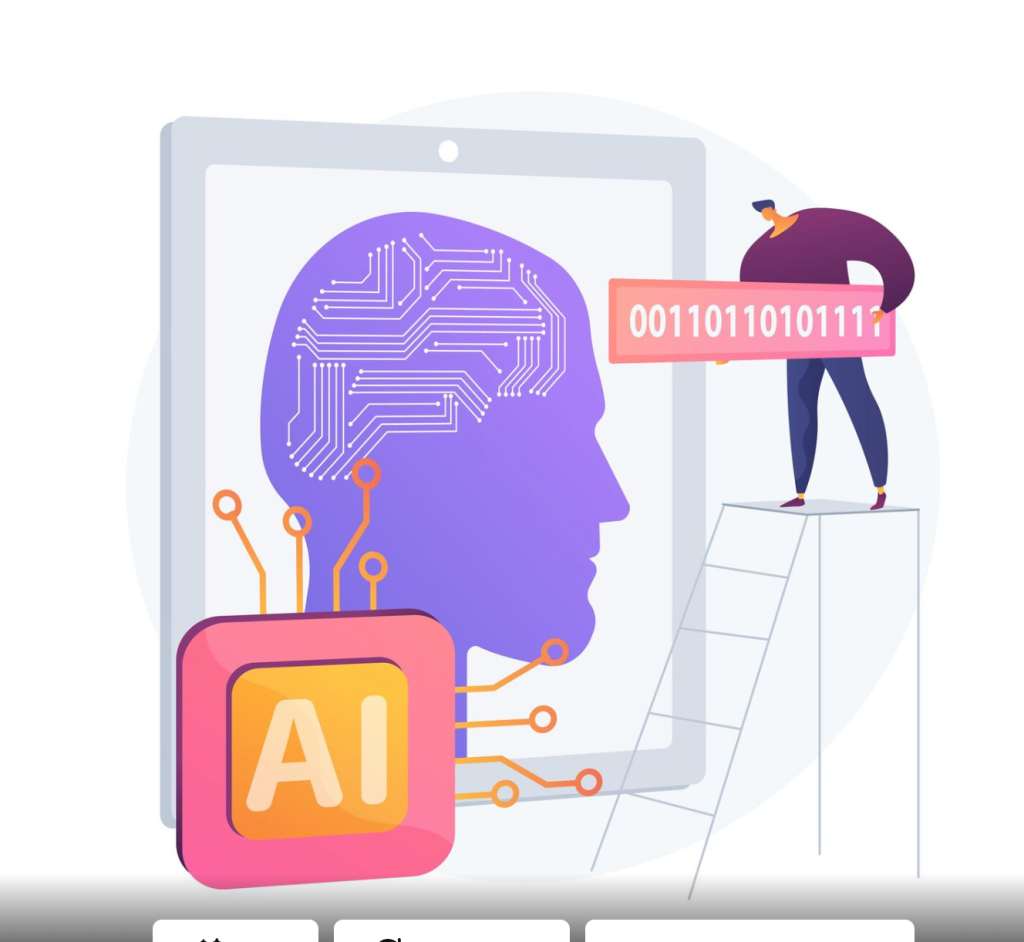
IP Rights in AI Outputs: Who Owns AI-Generated Content
Artificial intelligence (AI) is changing the game for businesses, generating everything from artwork to legal documents. But when an AI tool produces something valuable, who owns it? The legal side






